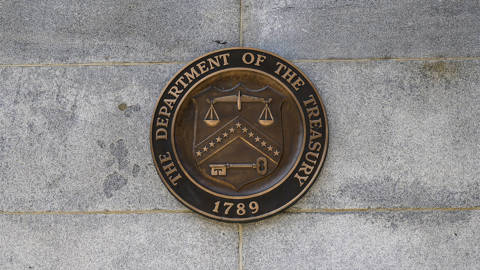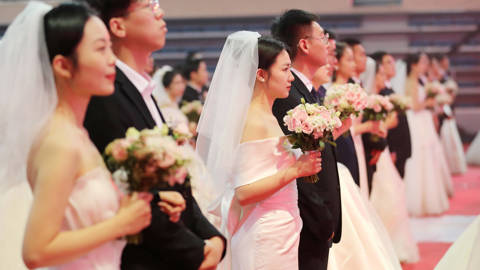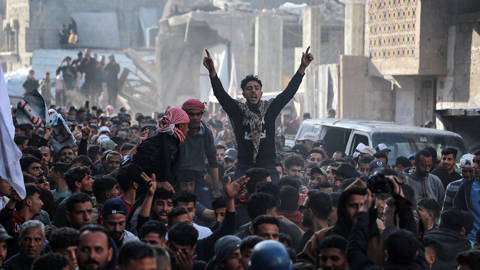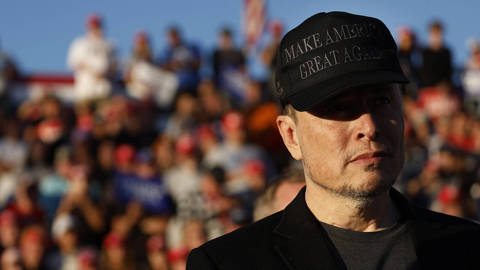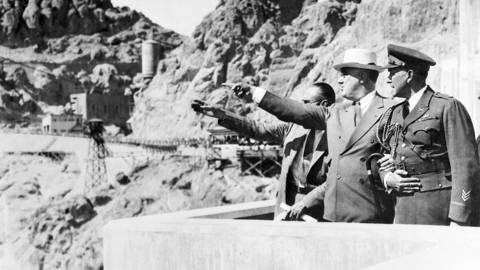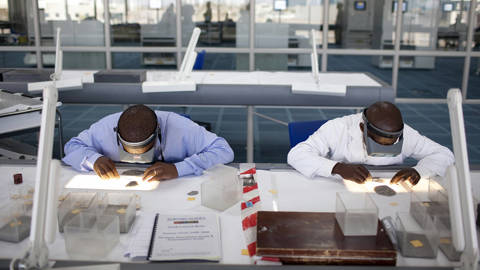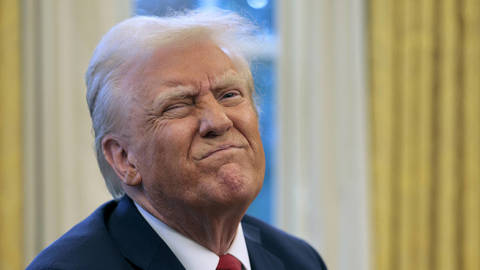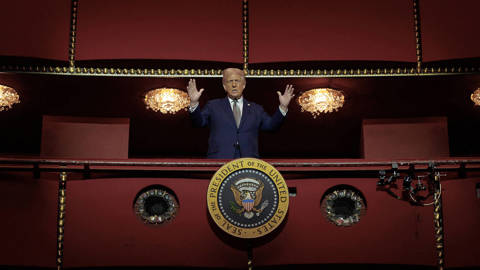Rabah Arezki
Rabah Arezki, a former vice president at the African Development Bank, is Director of Research at the French National Center for Scientific Research (CNRS) and a senior fellow at Harvard Kennedy School.
-
Developing Countries Need a New Strategy
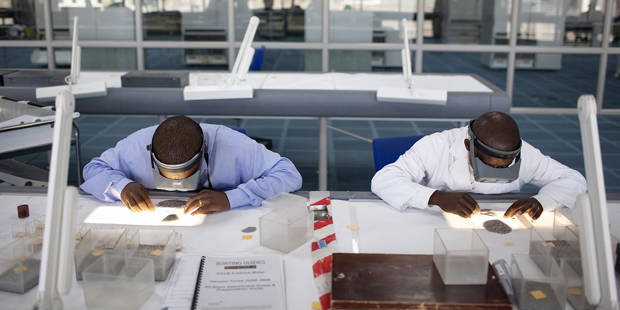
Developing Countries Need a New Strategy
Mar 27, 2025 Rabah Arezki touts industrial policies that welcome multinational corporations' participation, but on fairer terms.
-
Solving India’s Industrialization Puzzle
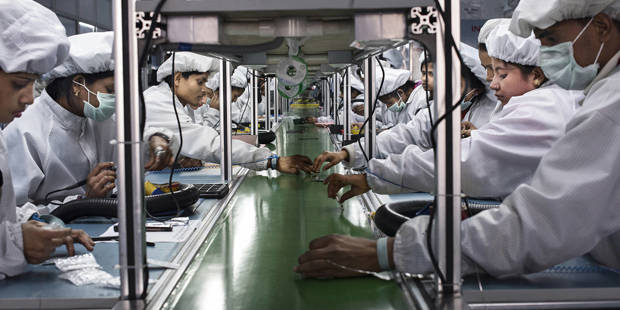
Solving India’s Industrialization Puzzle
Jan 23, 2025 Rabah Arezki & Partha Sen ask why, unlike Bangladesh and Vietnam, manufacturing has not benefited from rising labor costs in China.
-
Senegal’s Election and Africa’s Future
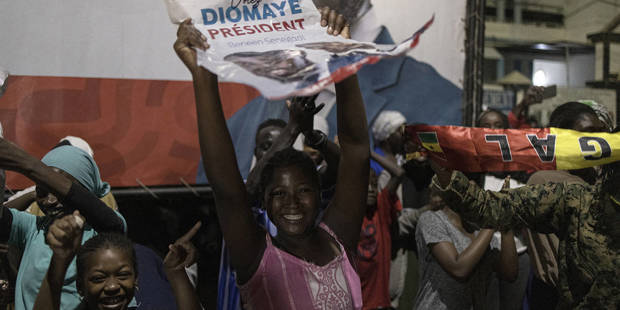
Senegal’s Election and Africa’s Future
Mar 28, 2024 Rabah Arezki considers what Bassirou Diomaye Faye's presidency could mean for one of Africa's most closely watched democracies.
-
Africa’s Shifting Economic Paradigm
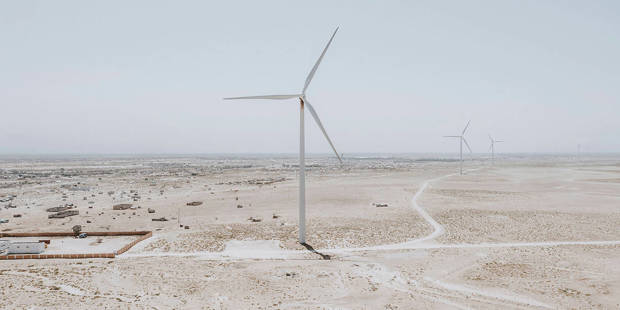
Africa’s Shifting Economic Paradigm
Feb 20, 2024 Rabah Arezki urges policymakers to pursue reforms to promote competition and boost domestic consumption.
-
Africa’s Most Consequential President?
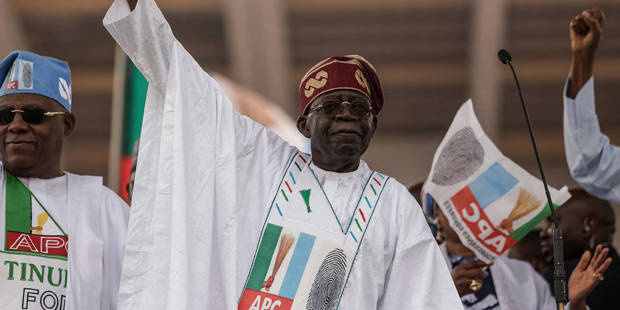
Africa’s Most Consequential President?
Jul 17, 2023 Rabah Arezki asks whether Nigeria's new leader, Bola Tinubu, can deliver the reforms the continent’s largest economy needs.
